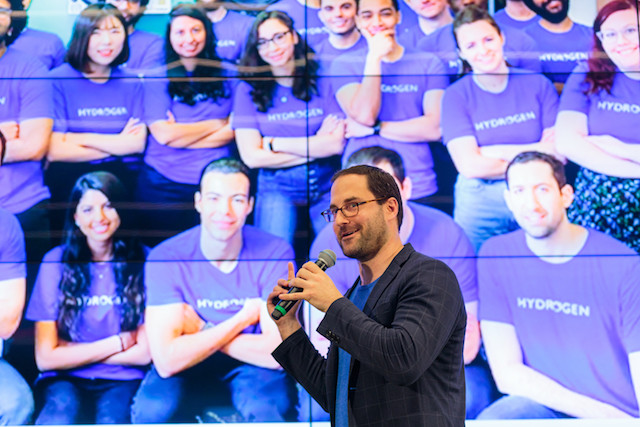JB: What propelled you to create the Hydrogen platform?
MK: Hydrogen initially started as a product offering of consumer fintech company Hedgeable. There was overwhelming demand and potential for Hydrogen so the team decided to scale it outside of the strict confines of a consumer application. In December 2017, Hydrogen was officially launched as a standalone platform with the mission of allowing teams to deploy financial applications anywhere in the world.
Tell us briefly how it works.
Hydrogen is the API ecosystem for fintech. Our Atom platform allows startups, scaleups and enterprises to build, manage and grow financial applications using our modular APIs. Hydro allows private enterprises and fintechs to leverage the public blockchain and Ion is our Auto-ML platform that allows teams to execute machine learning techniques on complex data sets.
What, if any, was the most useful advice you received as an entrepreneur when founding and operating this startup?
From the beginning, our mission was to build the most cutting-edge technology that can be deployed anywhere in the world. The most useful advice we received was to stay focused on our mission and to bring in the most talented people we can find. We are a very tight-knit group and we thrive in a team-first environment.
You won the 2018 fintech startup awards. What impact will this have on Hydrogen in the future?
Luxembourg is truly one of the fintech hubs of the world and we could not be more excited to have been a part of this event. We want to thank Lhoft and KPMG for putting on such an incredible event. This event will help solidify and expand our relationships in Europe and across the globe.
What in your experience are the main challenges facing fintech startups?
The primary challenges facing fintech startups are the obstacles that teams face when it comes to building technology and getting it to market. Speed to market and the costs associated with building leading technology are the main challenges. Hydrogen was created to eliminate these prohibitive obstacles. The market is changing very quickly so getting something to market and then iterating with light and modular APIs is critical.
